Ground Breaks on $450M Brigham Research, Clinical Facility in Boston
Boston's status as the leading life sciences hub in the country will only be bolstered now that ground has broken on Brigham and Women's Hospital's $450 million Brigham Building for the Future.
By Barbra Murray, Contributing Editor
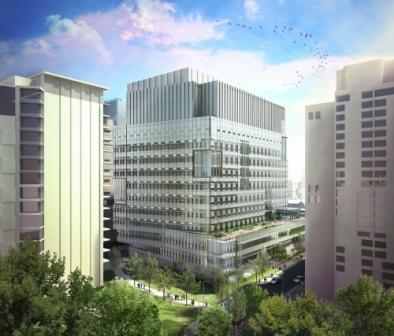 Boston’s status as the leading life sciences hub in the country will only be bolstered now that ground has broken on Brigham and Women’s Hospital’s $450 million Brigham Building for the Future. The new 360,000-square-foot medical research laboratory and clinical facility will sprout up on BWH’s campus in the Longwood Medical Area.
Boston’s status as the leading life sciences hub in the country will only be bolstered now that ground has broken on Brigham and Women’s Hospital’s $450 million Brigham Building for the Future. The new 360,000-square-foot medical research laboratory and clinical facility will sprout up on BWH’s campus in the Longwood Medical Area.
BBF will be erected at the intersection Fenwood Rd. and Vining St., where a 50,000-square-foot building and a two-story parking garage previously stood. In addition to lab and outpatient clinical space, the 11-story tower will feature advanced imaging facilities, a conference center and a parking garage capable of accommodating 460 vehicles. NBBJ is the architectural firm onboard the project, which is being designed to achieve LEED Gold certification.
And on the ground overseeing building activity is Suffolk Construction, serving as contractor under a $280 million contract. Suffolk is an old hand at such developments, having been at the forefront of some of the most high-profile and innovative patient-centered healthcare facilities in New England, including Baystate Medical Center in Springfield, Mass., and the Lawrence & Memorial Hospital Cancer Center in Waterford, Conn., which will open its doors in September of this year. Suffolk is scheduled to complete construction of BBF in the fall of 2016, at which point BWH will bring employees from leased research space across Boston under one brand new state-of-the-art roof.
For major users of life sciences square footage, building anew, as opposed to leasing existing space, is becoming more of a necessity than a preference. “Large blocks are in extreme short supply; as Pfizer and Merck and now recently ARIAD and Millennium have demonstrated, requirements larger than 100,000 square feet typically require tenants to pursue build-to-suit projects,” Brendan Carroll, senior vice president with commercial real estate services firm Richards Barry Joyce & Partners, told Commercial Property Executive. “This has been a boon to the construction industry, where 2.6 million square feet of laboratory inventory is presently under construction.”
At the close of the first quarter of this year, there were no blocks of Class A lab space of more than 100,000 square feet available for lease in Boston proper, according to an RBJ report. In Cambridge and the surrounding suburbs, only seven such options existed. And it appears the demand for large laboratory accommodations in metropolitan Boston is only going to grow, thanks in no small part to the biopharmaceutical business.
“Biopharmaceutical-type research accounts for a major share of the future of the pharmaceutical industry, and deep-pocketed traditional pharma is getting involved, be it directly or through collaborations with biotech companies,” Carroll added. “This is spurred on, in part, because of the ‘patent cliff’ and baby boomers, and by the particular acceleration in the capabilities of bio research brought about by technology enhancements. Boston is a world-leader here.”

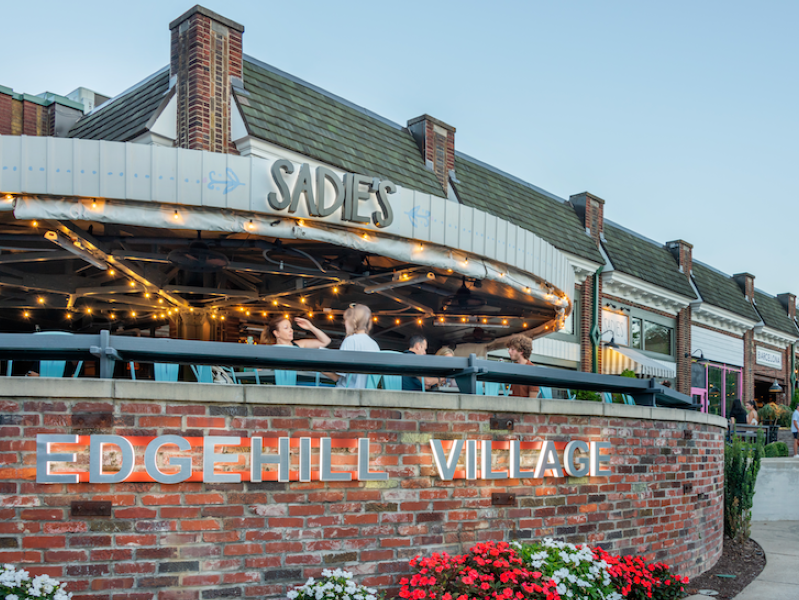
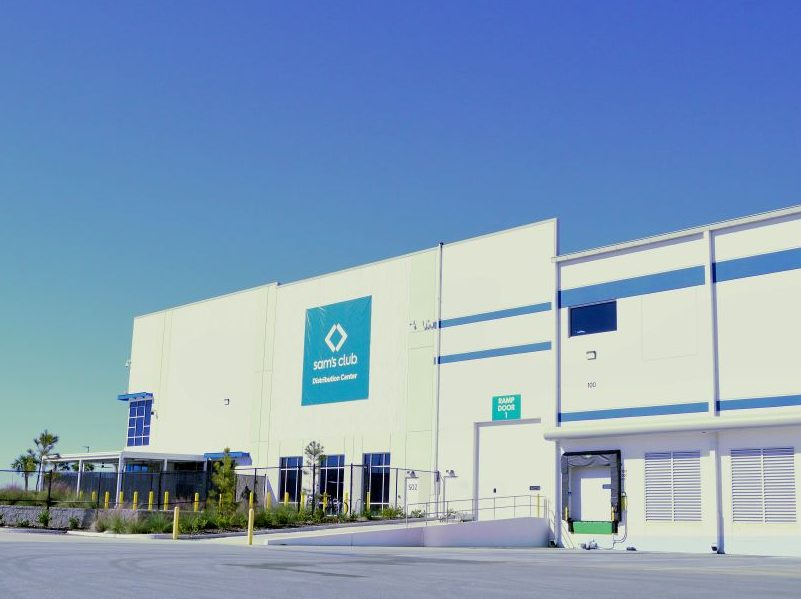
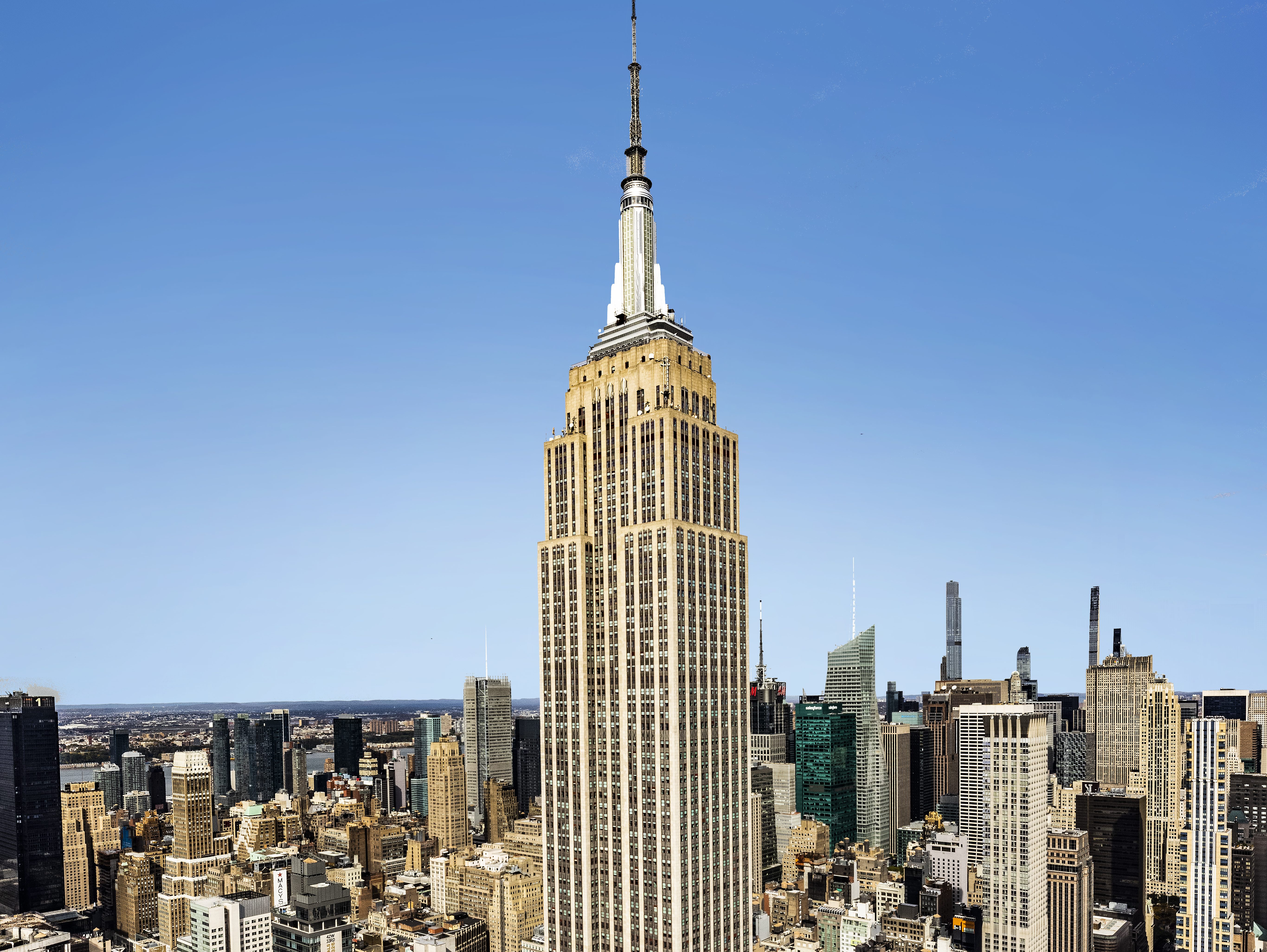

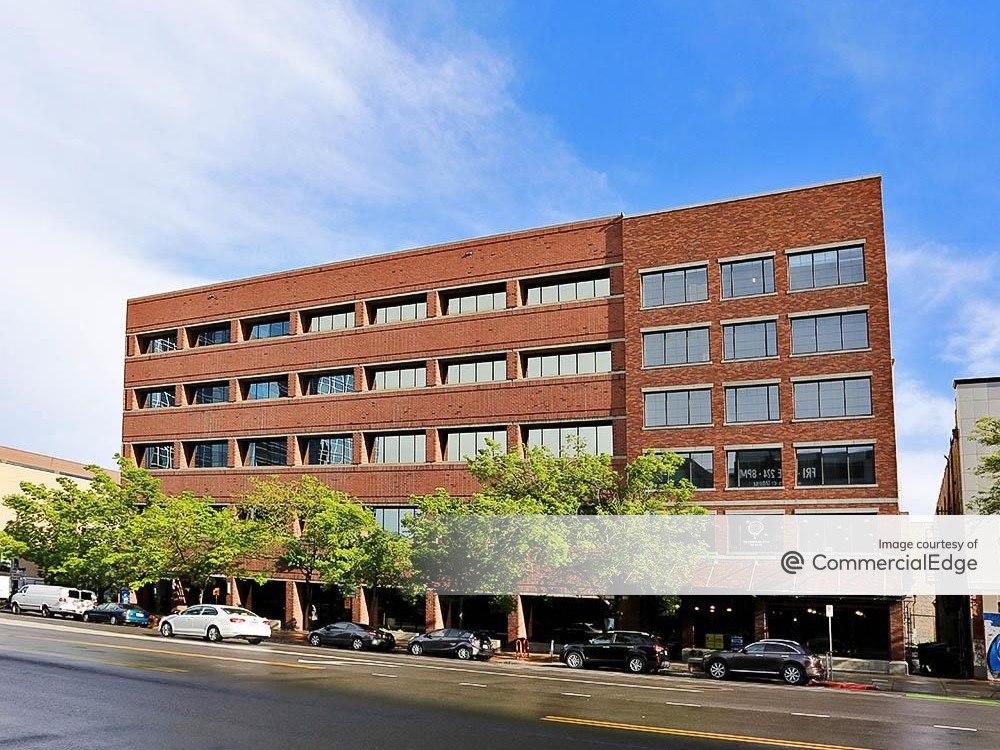
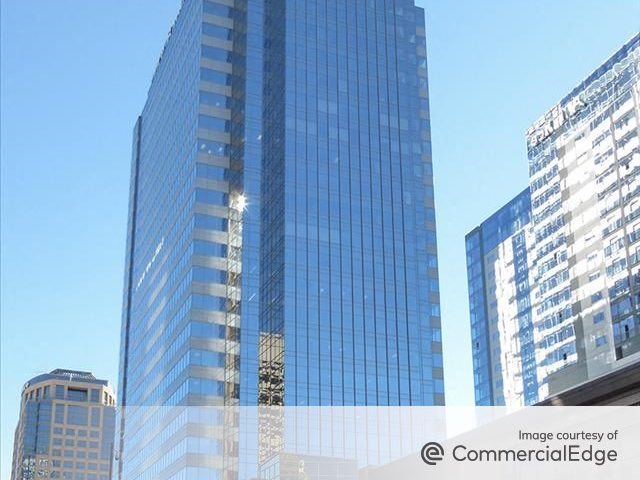
You must be logged in to post a comment.